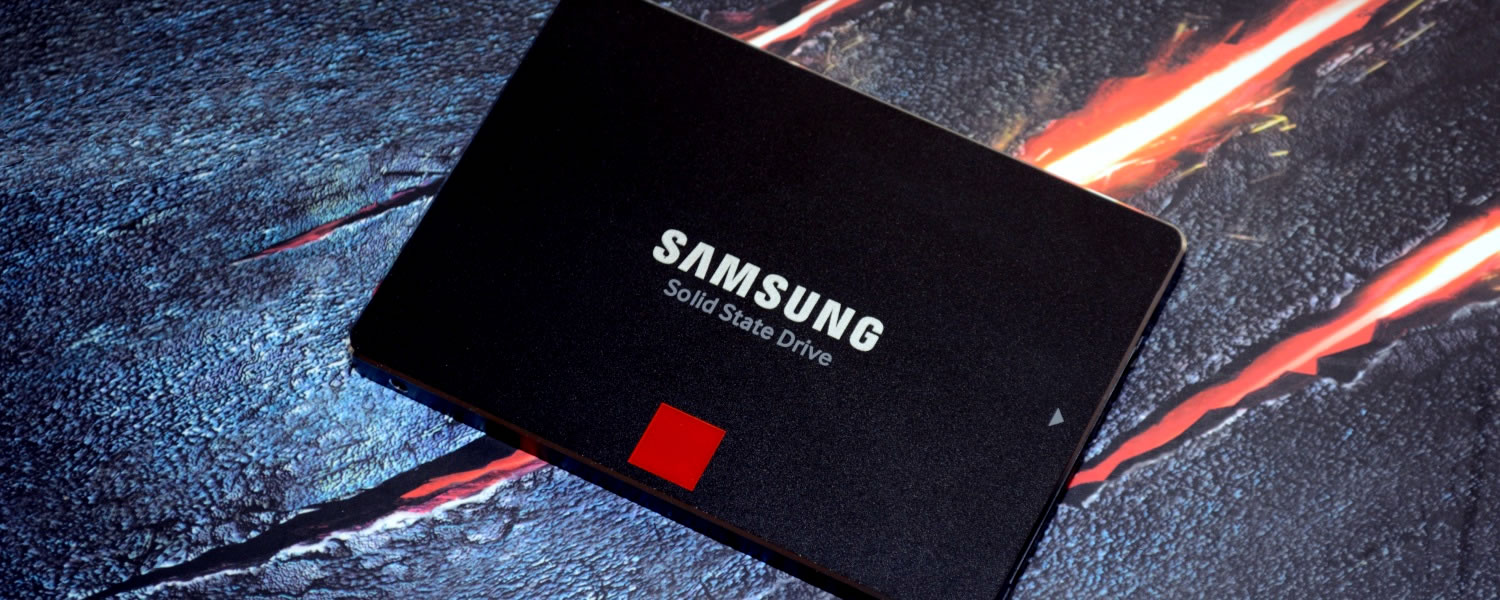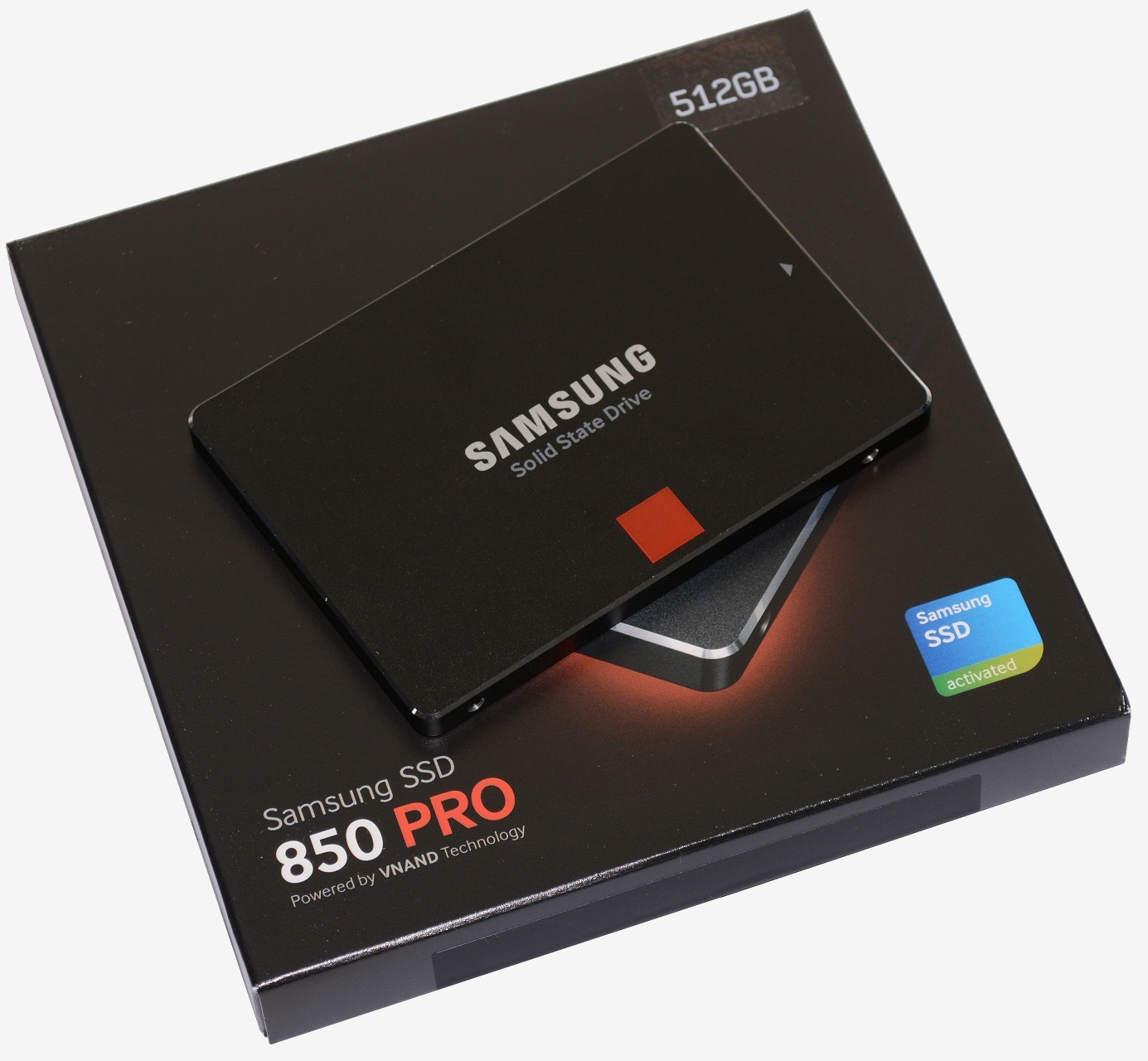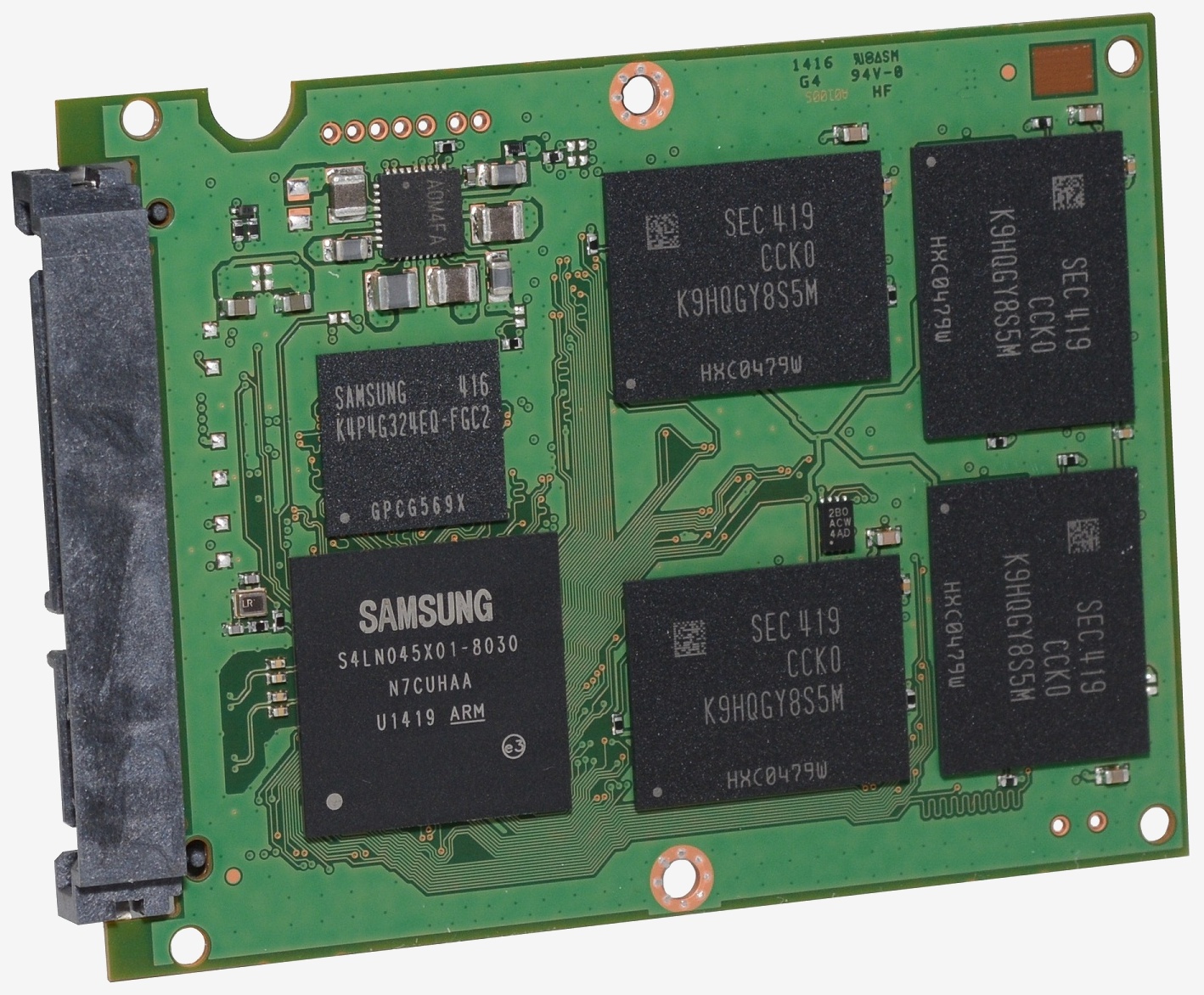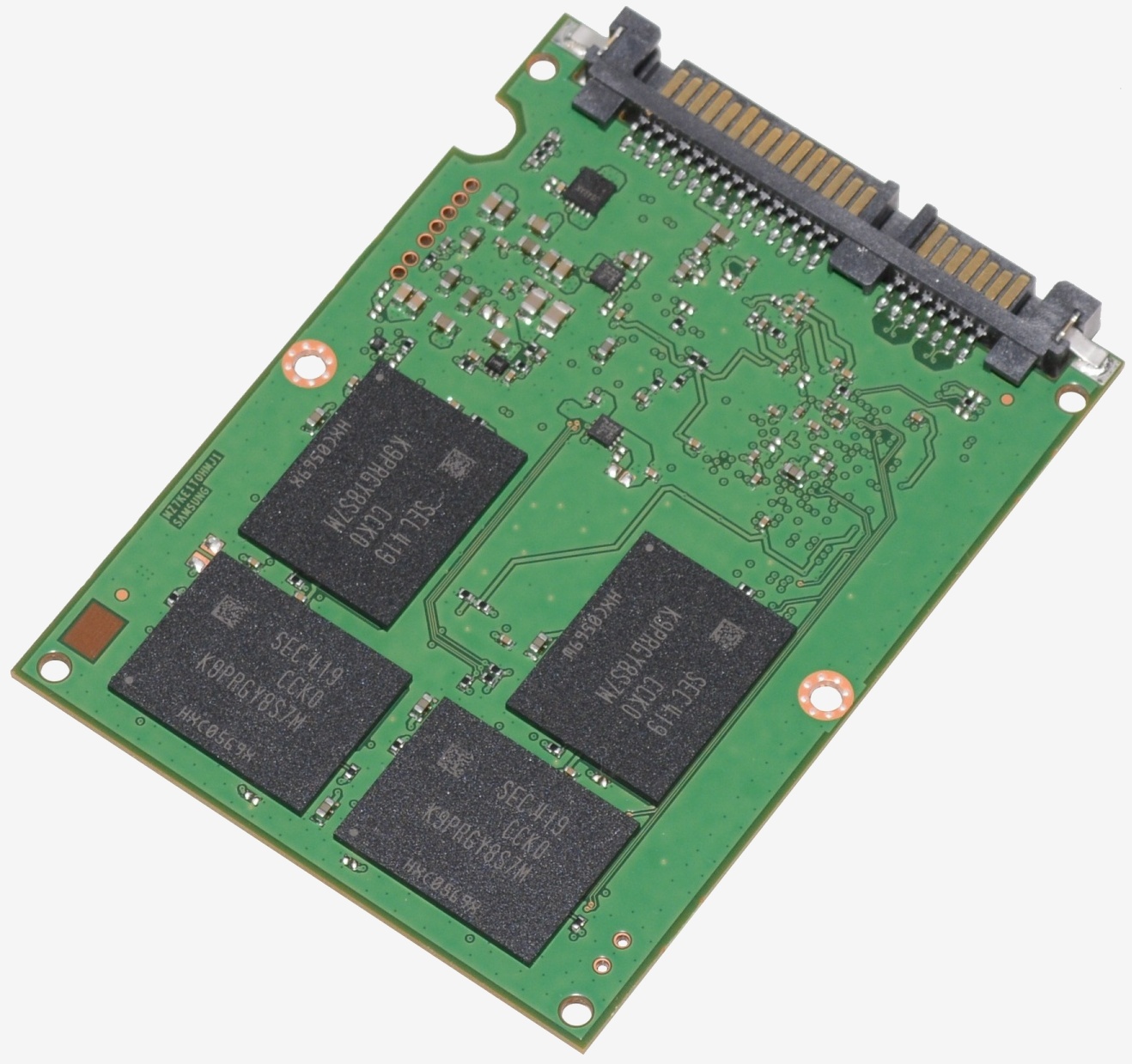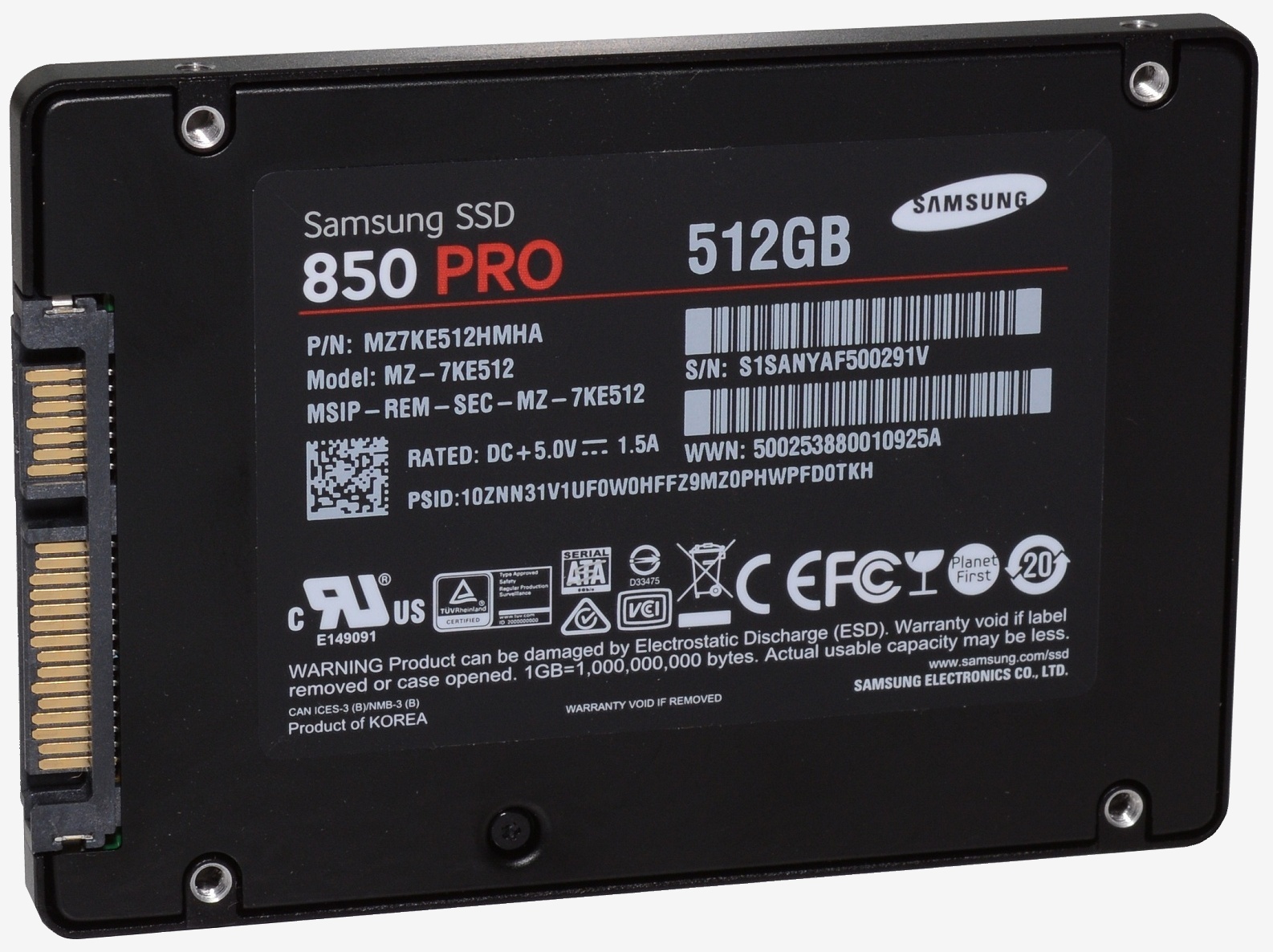Considering the breakneck one-upsmanship we saw among early SSD makers, record-setting iterations have been slower to arrive over the last two years with 2012's Samsung SSD 840 Pro series maintaining relevance among a laundry list of competing options after price cuts brought it from $1.05 per gigabyte to $0.74 a gig.
That works out to $190 for the 256GB 840 Pro, which is fair but puts the aging enthusiast series in an awkward position just beyond today's finest budget options, including Samsung's own 840 Evo ($0.57 per gig for 250GB) and the $0.43/GB Crucial MX100, which is beside the point that not everyone wants a cut-down drive.
That's not to say there isn't already a plethora of high-end SSDs. Enthusiasts have loads of options with Plextor M6S, SanDisk Extreme Pro, OCZ Vertex 460, Intel 730 Series, Crucial M550 and some we forgot to list. However, few if any models stand out as being uniquely fast in the same way that we expected a few years back.
With the 840 Pro SSD series being older than anything on that list, it's clearly time for an update: meet Samsung's 850 Pro SSD, a new series powered by the company's cutting-edge in-house 32 layer 3D V-NAND technology, which is said to deliver up to twice the density and write speed of traditional 20nm planar NAND flash.
Although Samsung's 3D V-NAND technology is new, it's already said to be proven. Last year the company mass-produced a 24-layer version for a datacenter and apparently all went well. With that win under its belt, Samsung set to work on the world's first V-NAND SSDs for client PCs, which is arriving this week as the 850 Pro.
The advantage of changing to a 32-layer cylindrical cell structure means more cells can be stacked vertically, resulting in a smaller footprint and higher density. This means the 850 Pro should deliver blazing-fast speeds and Samsung is already claiming it's the fastest on the market, while offering the best endurance...
Samsung SSD 850 Pro
Samsung will offer four versions of the 850 Pro including 128GB, 256GB, 512GB and 1TB models. The 256GB, 512GB and 1TB modules claim 550MB/s read and 520MB/s write performance, which is appreciably faster than the previous-generation 840 series' 540MB/s and 450MB/s.
The new drive has been fitted with Samsung's latest MDX controller (S4LN045X01-8030), a triple-core ARM-based chip that supports SATA 6Gb/s and can be paired with the latest V-NAND flash memory. As far as we can tell this is the same controller used by the 840 Pro, it's just a newer revision that supports V-NAND.
According to Samsung, the 850 Pro's MDX controller provides superior multi-tasking results under heavy I/O loads and steadier performance on more tasks. Based on an ARM Cortex R4 (300MHz) processor, the three cores can execute multiple instructions at once, allowing, for example, one to be used for reading data, one for writing data and another for optimization.
Our 512GB review unit carried Samsung V-NAND flash memory labeled K9HQGY8S5M. There are just eight chips and each has a massive 64GB density. The drive weighs 66 grams and measures 100 x 69.85 x 7mm, which is thin enough to fit in most modern ultraportable systems.
Although all SSDs are power conservative, Samsung boasts that its drives are particularly so. At idle Samsung claims, all four models use 0.4 watts and a maximum of 3.3 watts when active.
Samsung claims a MTBF of 2.0 million hours, which is quite high for a consumer grade SSD, but then they say the drives can also handle a total of 150TB worth of writes before expiring. The 850 Pro is able to offer twice the endurance of a typical NAND flash based SSD due to its use of V-NAND technology.
To give you some idea of how much that is, my 512GB Samsung SSD 840 Pro has made just 21TB worth of writes in the two years I've had it and I would consider it to have been heavily used in that time.
Power users concerned about the write limitations of any SSD will be pleased to learn that Samsung offers an incredible 10-year warranty with the 850 Pro SSD series and that right there is a very big deal. That's double the warranty period of the previous 840 Pro SSD series as well as most other high performance SSDs.
The 850 Pro series provides same Self-Encrypting Drive (SED) security and hardware-based AES 256-bit encryption engine as the 840 Evo. Being hardware-based, the engine secures your data without performance degradation that you may experience with a software-based encryption.
Also, 850 Pro is compliant with advanced security management solutions (TCG Opal and IEEE 1667). Samsung's Magician software will guide users on how to use these security features. Furthermore, users can erase or initialize data with the crypto erase service with PSID.
